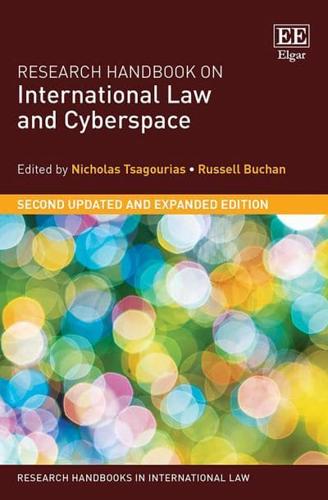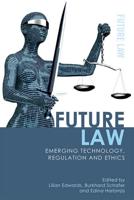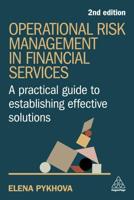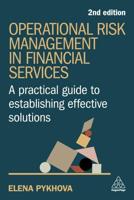Publisher's Synopsis
This revised and expanded edition of the Research Handbook on International Law and Cyberspace brings together leading scholars and practitioners to examine how international legal rules, concepts and principles apply to cyberspace and the activities occurring within it. In doing so, contributors highlight the difficulties in applying international law to cyberspace, assess the regulatory efficacy of these rules and, where necessary, suggest adjustments and revisions.
More specifically, contributors explore the application of general concepts and principles to cyberspace such as those of sovereignty, power, norms, non-intervention, jurisdiction, State responsibility, human rights, individual criminal responsibility and international investment law and arbitration. Contributors also examine how international law applies to cyber terrorism, cyber espionage, cyber crime, cyber attacks and cyber war as well as the meaning of cyber operations, cyber deterrence and the ethics of cyber operations. In addition, contributors consider how international and regional institutions such as the United Nations, the European Union, NATO and Asia-Pacific institutions and States such as China and Russia approach cyber security and regulation.
This Research Handbook is an essential resource for scholars of international law, international relations and public and private law as well as for legal practitioners and policymakers.









